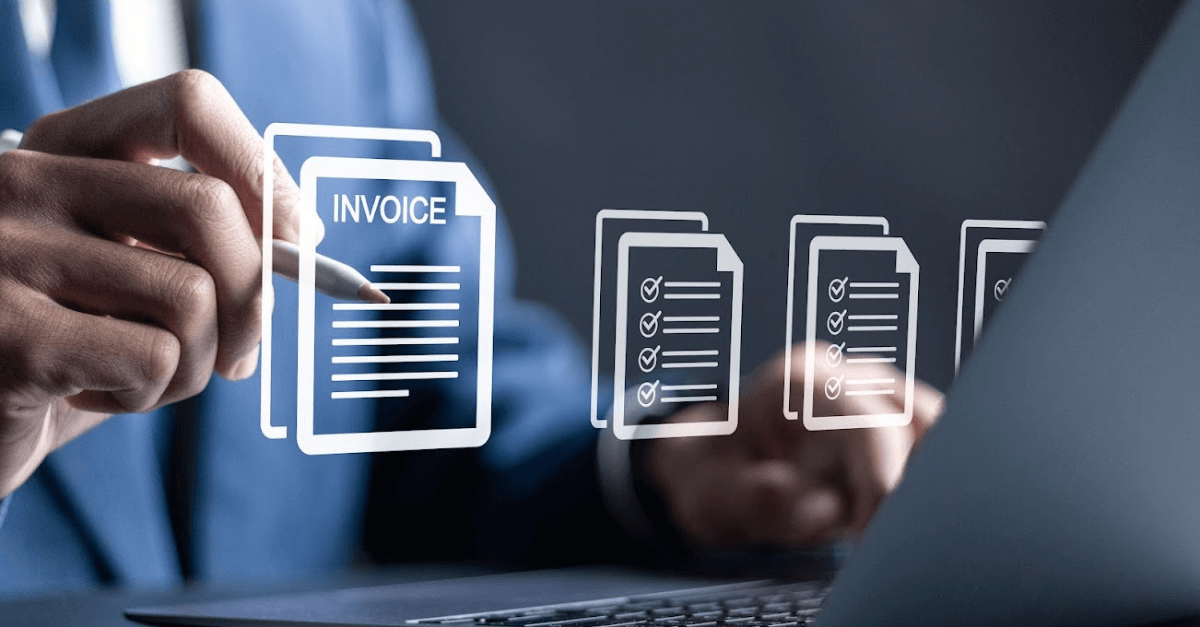5 things to know about the e-invoicing law

The Belgian parliament recently approved the so-called ‘e-invoicing law’ making electronic invoices mandatory for all B2B transactions as from January 2026. If you're a business owner or manager, here are five key points you should know about this groundbreaking legislation:
1. Scope of Application:
The new e-invoicing law applies exclusively to business-to-business (B2B) and business-to-government (B2G) transactions. This means that if you're involved in selling goods or services to other businesses or governmental entities, you'll need to comply with the requirements outlined in the legislation. However, it's important to note that certain entities are exempt from this law, including non-VAT payers, the agricultural sector, forfeiters of VAT (until 2028), bankrupt taxpayers, and foreign companies. Additionally, the law does not extend to transactions involving consumers (B2C transactions).
2. Tax Deductions:
One of the most significant benefits of the new e-invoicing law is the provision for a 120% tax deduction on e-invoicing expenses. This deduction applies to both the costs associated with implementing e-invoicing systems and the ongoing expenses incurred in using these systems. Businesses can claim this deduction on all expenses related to e-invoicing made between 2024 and 2027, including consulting fees, subscription costs, implementation charges, and more. It's worth noting that depreciations are not eligible for this deduction.
3. Dual Track Approach:
The legislation introduces a dual-track approach to e-invoicing, providing businesses with flexibility in how they comply with the requirements. The first track, known as the default track, mandates the use of the Peppol format and network. Peppol is a widely adopted standard for e-invoicing in Europe, ensuring interoperability and seamless transmission of invoices between businesses and government agencies. The second track also involves e-invoicing but allows for the use of alternative formats and networks. However, businesses opting for this track must obtain mutual agreement from their trading partners. Additionally, they have the option to opt out of using Peppol if they can demonstrate that an alternative system meets the necessary requirements.
4. Mandatory for all companies, even for the small companies:
The legislation applies universally without differentiation between large corporations and small businesses. Consequently, it's crucial to recognize that all companies, regardless of size, are bound by the new obligation.
5. Benefits Beyond Compliance:
Beyond mere compliance with regulatory requirements, embracing e-invoicing offers numerous benefits for businesses. Streamlined invoicing processes lead to faster payments, reduced administrative burden, and improved accuracy in financial records. Moreover, by leveraging e-invoicing technologies, businesses can enhance their relationships with trading partners, strengthen their competitiveness, and pave the way for future innovations in financial management. In conclusion, the new e-invoicing law represents a significant milestone in the digital transformation of business practices. By understanding its key provisions and implications, businesses can position themselves for success in an increasingly digitized marketplace while reaping the rewards of enhanced efficiency and financial incentives.
Tell us your business needs, and we’ll find the perfect solution
Get in touch

